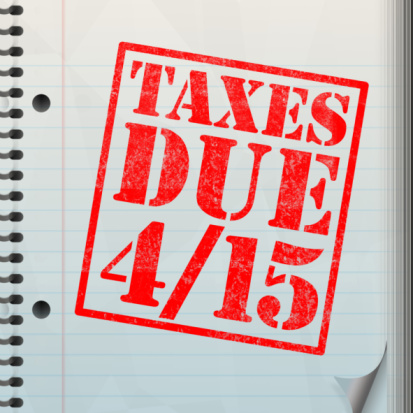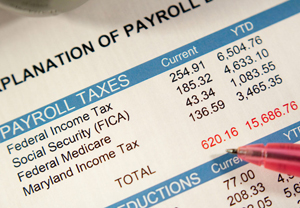Standard Deduction Amounts, Tax Exemptions, and Other Applicable Taxes
Standard tax deductions are flat amounts of money that the tax system of the United States lets you deduct, plain and simple. Tax deductions allow an individual and a corporation to subtract applicable expenses to reduce the amount of taxes they have to pay.
These tax deductions need to include some kind of proof to the IRS that they indeed apply for a deduction. Standard deduction amounts are expenses that are not subject to federal income tax, no questions asked.
As an individual or corporation who pays yearly taxes you have the option to make tax deductions or to use standard deduction amounts to pay fewer taxes, but you can never choose both options.
It would be smart and beneficial for you to make sure if you qualify for the federal standard deduction as some taxpayers are not allowed to apply for this. If you are married but you and your spouse file separate taxes and itemize deductions when you file your annual tax report then you will not be able to realize the standard deduction.
Another situation in which an individual would not be able to make a standard deduction is if you file joint taxes with your spouse and he/she was a non-resident at any moment during the tax year.
It is simpler and much faster to make a standard deduction amount than to reduce taxes. You have to make an in-depth analysis of your fiscal situation and decide which option best fits your needs and will make you pay less in tax.
For 2020, the standard deduction amount increases to $12,400 from the $12,200 of 2019. The $12,400 is only applicable for individual taxpayers and for married couples who file their taxes separately.
Heads of household have a standard deduction amount set for $18,650 for 2020. Married couples who file jointly have a standard deduction amount of $24,800, the same goes for surviving spouses.
You will also see that the standard deduction amount for taxpayers who are blind increased to $1,300. The $1,300 is an addition to the category that these blind taxpayers already fall under when paying their taxes.
Unmarried taxpayers also have an additional standard deduction amount of $1,650. Individuals who are listed as dependents by other taxpayers cannot deduct an amount greater than $1,100 or $350 plus the earned income of the individual. This amount should not exceed the normal standard deduction amount.
Just like last year, there will be no personal exemption amount for 2020. Standard deduction amounts are not the only tactic that a taxpayer can use to reduce taxes, there are other tax exemptions that he can take part in.
Alternative Minimum Tax Exemptions is the amount that a taxpayer can deduct from the taxable income before calculating its liability. This amount depends on which tax bracket the taxpayer belongs to.
For an individual taxpayer born in the United States the exemption amount is $72,900. For married couples who file their taxes jointly the number is $113,400, the same goes for surviving spouses.
Married couples who file separately have an alternative minimum tax exemption of $56,700. Trusts and estates have a tax exemption limit of $25,400. It should be noted that trusts and estates operate differently depending on your situation so the amount may vary.
I mentioned two of the most popular options you have as a taxpayer to pay less taxes. But you might also know that regarding your situation you might also have to pay additional taxes that the ones you are used to.
One of these taxes that you might have to pay is the kiddie tax. The kiddie tax’s purpose is to tax unearned income of a child at a marginal rate of what the parent is already paying that year in taxes.
It does not matter if the child is or can be claimed as a dependent on the parent’s tax return, the kiddie tax needs to be paid. Children under the age of 19 and college students under the age of 24 are subjects of this tax.
When I mention unearned income I am talking about income from assets that are not wages or salary. Unearned income that will have to be paid under the kiddie tax is dividends and interests obtained by the child.
As you can see there are a number of tactics that you can use to pay less in taxes. I just mentioned two of the most famous ones, but depending on your situation you may apply for more.
I hope you’ve found this article on standard deduction amounts, tax exemptions, and the kiddie tax to be helpful. For more information, or for assistance in tax matters contact us at info@premieroffshore.com or call us at (619) 483-1708












Leave a Reply
Want to join the discussion?Feel free to contribute!